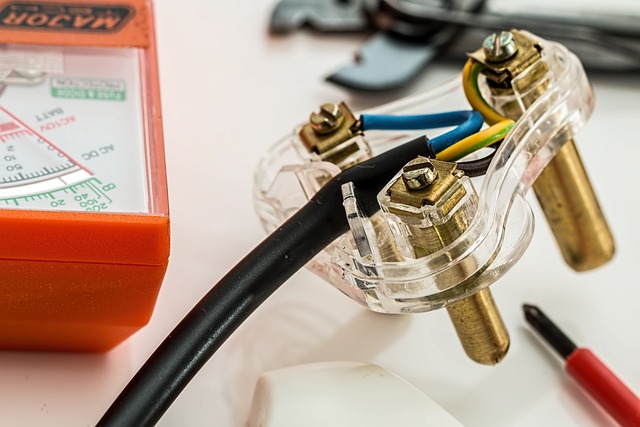
Not all types of electrical wire feature a solid core. Some of them have a bundled core consisting of multiple thin strands of a conductive material. Known as stranded wire, it’s used in a wide range of electrical applications. Stranded wire still has a single conductor — just like solid core wire — but it features a bundle of strands. This bundle acts as a single conductor. What are the benefits of stranded wire exactly?
Flexibility
Stranded wire is extremely flexible. You can turn and bend it without breaking it. Solid core wire, on the other hand, is less flexible. Bending solid core wire may damage its conductor. The conductor may break, in which case electricity won’t be able to flow through the solid core wire. Neither stranded wire nor solid core wire is immune to physical damage, but stranded wire is more flexible than its counterpart.
Inexpensive
While prices vary depending on many factors, stranded wire typically costs less than solid core wire. It’s easier to manufacture, so vendors pass these savings down to customers in the form of a lower price. If you’re looking to save money, you may want to choose stranded wire.
High-Frequency Performance
At high frequencies, stranded wire may perform better than solid core wire. This is because current typically travels along the exterior of the conductor — a phenomenon known as the “skin effect.” Stranded wire only has a single conductor, but the surface area of its conductor is greater than that of solid wire. The conductor in stranded wire consists of a bundle of strands. Each of these strands contributes to the total surface area, allowing stranded wire to perform better at high frequencies.
Metal Fatigue Resistance
Stranded wire is better protected against metal fatigue than solid core wire. Metal fatigue refers to stress-related damage. Depending on where and how it’s used, wire may be exposed to stress. Common stresses include vibrations, weight and bending. With its high level of resistance to metal fatigue, stranded wire can withstand these stresses without succumbing to damage.
Indoor and Outdoor Usage
You can use stranded wire both indoors and outdoors. There are many different types of stranded wire, some of which features better insulative and weather-resistant properties than others. As a result, you can use the outdoors.
Stranded wire is defined by its use of multiple strands for the conductor. Some of the benefits of stranded wire include flexibility, low price, better performance at high frequencies, resistance to metal fatigue and support for both indoor and outdoor electrical applications.

